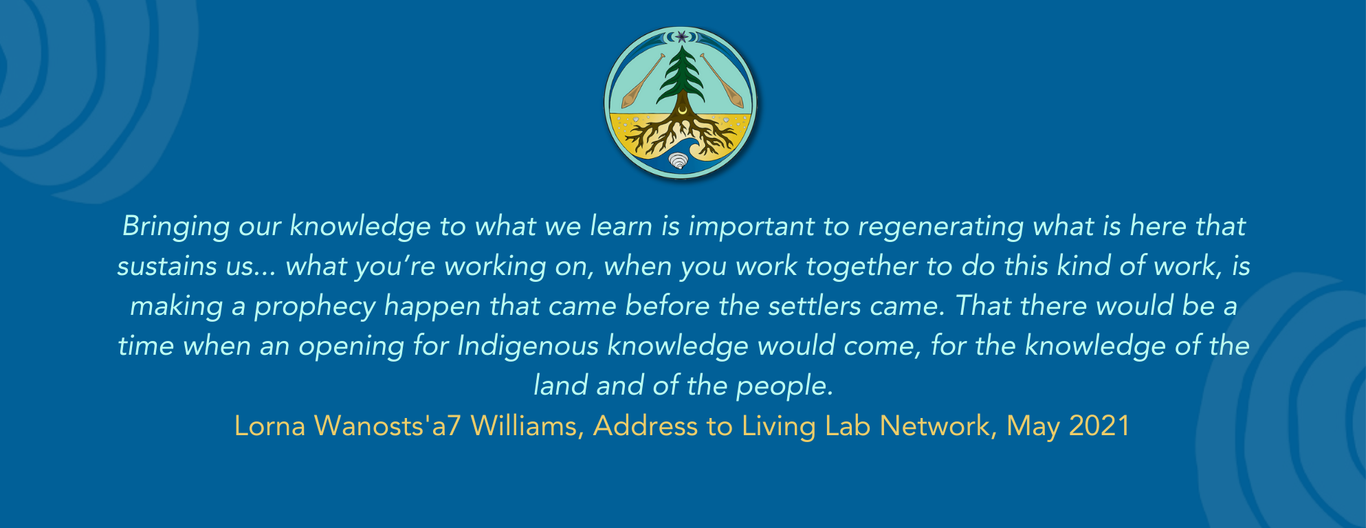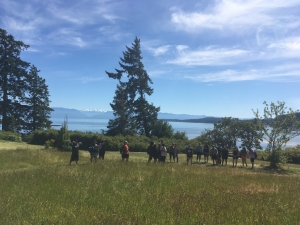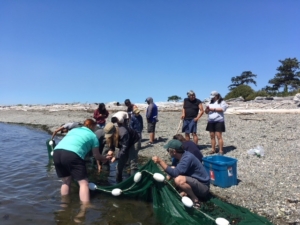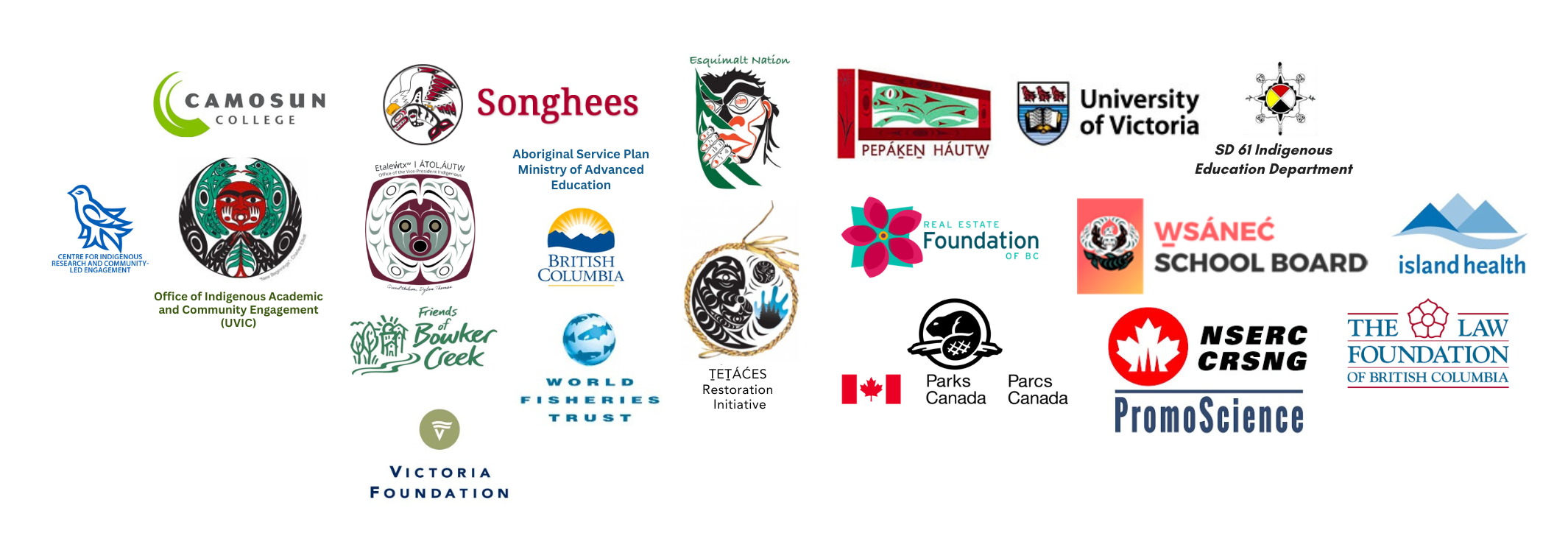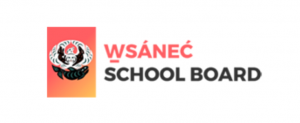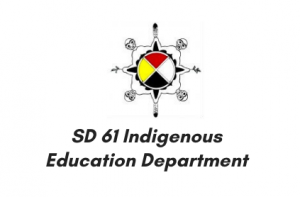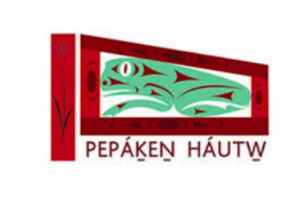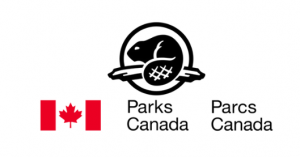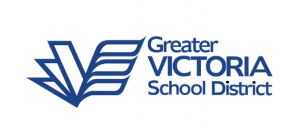About the Living Lab Network
Living Lab’s first formal gathering as a collaborative was in the Fall of 2017 when we hosted the formal launch of The Living Lab alongside the book launch of Knowing Home: Braiding Indigenous and Western Science by Indigenous educator and resurgence leader Dr. Lorna Wanosts’a7 Williams (OC) and environmental science educator Dr. Gloria Snively.
Taking an asset-based and community-driven approach from the beginning we supported and funded local existing land-based education and resurgence efforts which connected local front-line youth programs with Indigenous Nations (e.g., the Songhees Academic Youth Leadership Program) with groundbreaking Indigenous community-based action research. The latter focused on recognizing TSAWOUT Nation member and UVic professor XEMŦOLTW Nick Claxton’s groundbreaking PhD thesis To Fish as Formerly: A Resugent Journey back to the Saanich Reef Net Fishery. His research focused on the colonial destruction of the reefnet fishery/livelihood and land-water access experienced by the W̱SÁNEĆ and Northern Straits Salish peoples.
The Living Lab Network believes in and supports strategic interventions focused on supporting land-based learning and innovative, decolonial curriculum in schools and postsecondary education. Eco-cultural restoration contributes to community healing and is needed for all learners to address local and global ecosystem, climate, health and cultural needs. We also want to support the efforts of our core non-Indigenous partners: teachers and educators, non-governmental organizations (NGOs), Parks Canada, and citizen movements in the CRD who want to ‘decolonize’ themselves and their work, and to sustain the movement and communities that the Living Lab Network supports.
This inspiring vision for a collective future is based on the SENĆOŦEN word ÁLEṈENEȻ, meaning Our Homelands. It is outlined beautifully in a chapter in the aforementioned Knowing Home series co-authored by the W̱SÁNEĆ School Board and Tye Swallow, called Learning from the Homeland: An Emerging Process for Indigenizing Education. The vision and transformation of the education system that continues to inspire and inform the Living Lab Network’s purpose and work are outlined in that chapter.
Over the past five years the Living Lab Network has been funding the ÁLEṈENEȻ Field School program at the W̱SÁNEĆ School Board. Alongside this the Living Lab Network supports the curriculum and youth work of PEPÁḴEṈ HÁUTW̱ Foundation (an Indigenous-led non-profit organization that provides land-based learning and ecosystem restoration opportunities) as well as professional development and outreach to regional teachers and schools via School District #61 Indigenous Education, and Lekwungen / lək̓ʷəŋən youth- based programs and camps supported by the Songhees and Esquimalt Education Departments..
More recently, we funded graduate student research that is contributing to the overall programming and policy analysis. We have also supported local non-Indigenous citizen-led action for Truth and Reconciliation, land rights, policy change and public engagement through co-founding and supporting ReconciliAction Oak Bay and the ṮEṮÁĆES Revitalization Project, which is a community-to-community engagement between the W̱SÁNEĆ and Gulf Island communities to support W̱SÁNEĆ reconnection to the land and waters. We are already seeing strong evidence of the power of a multi-sectoral and systems-focused network; the Living Lab Nework has already generated many integrative, collaborative, and community-wide benefits.
The Living Lab Network’s guiding star is the long commitment to protecting land, Indigenous cultures, and lifeways as expressed and lived by our community and educational leaders.
After several years (from 2017-2020) of supporting a project-driven approach we realized we needed to focus on sustainability and program planning for our work. The current mission, vision, goals, governance and program agenda were co-created in 2020 and a Strategic Plan for 2022-2025 was created after an extensive community engagement process.
